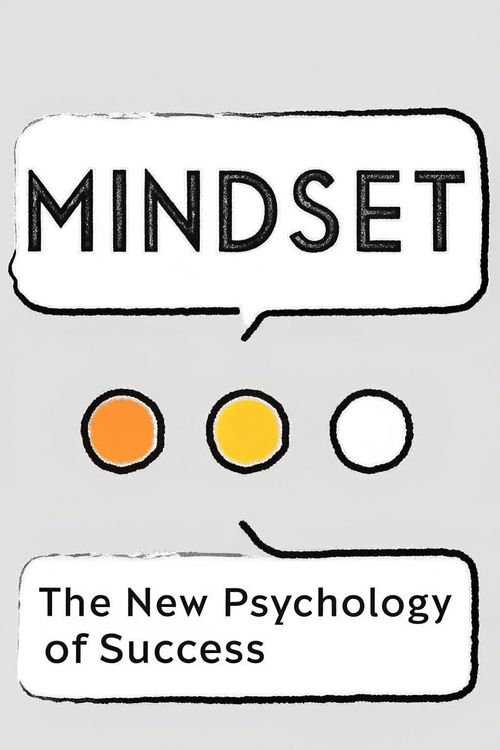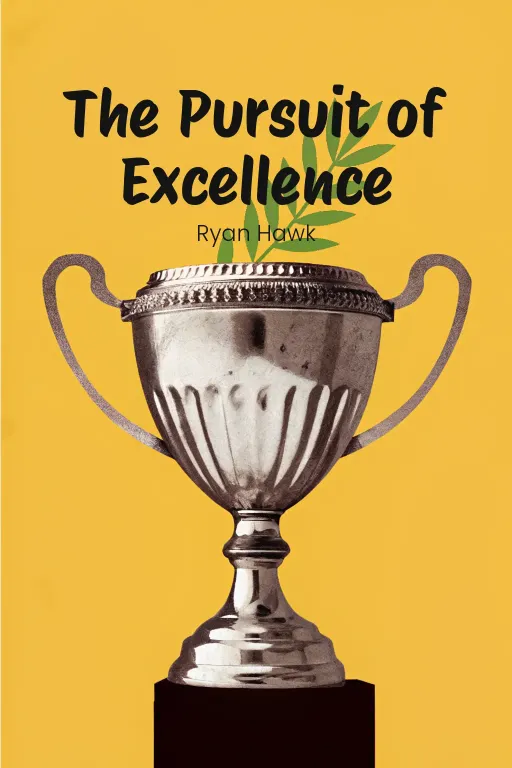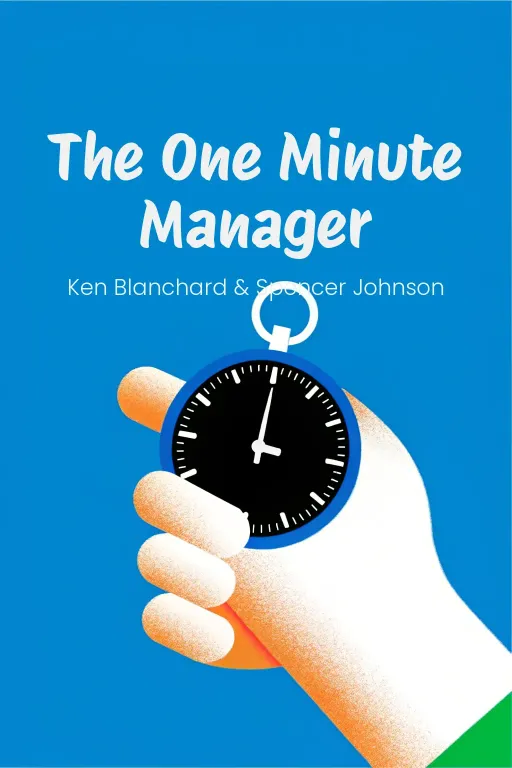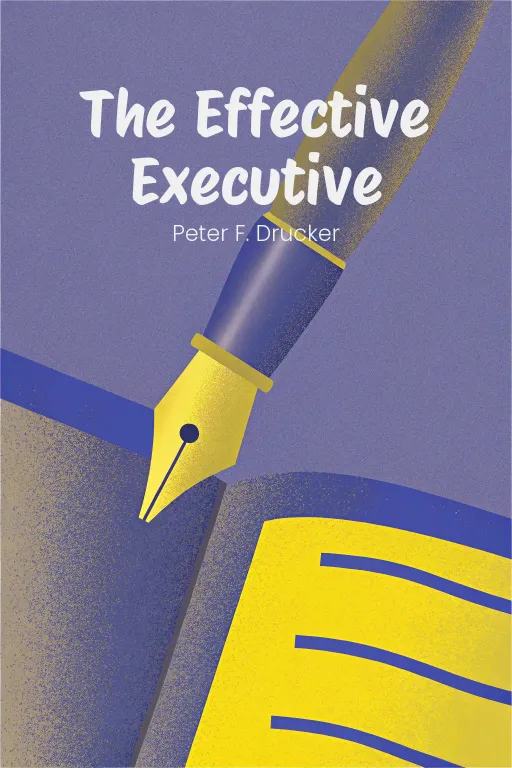
Essentialism
Productivity
Greg McKeown
"Essentialism: The Disciplined Pursuit of Less," authored by Greg McKeown, presents a transformative philosophy centered on intentionality and selectivity. This treatise transcends mere time management, advocating for a radical re-evaluation of priorities to discern the "vital few" from the "trivial many." The core tenet posits that by strategically eliminating non-essential activities, individuals can cultivate heightened productivity, amplified creativity, and a profound sense of fulfillment. McKeown advocates for a conscious rejection of the pervasive "Nonessentialist" mindset, characterized by reactive busyness and a diffused focus, in favor of the "Essentialist" approach, which champions deliberate choices aligned with personal values.
The journey towards Essentialism commences with acknowledging personal agency and the power of individual choice. McKeown underscores the significance of resisting "learned helplessness," a psychological state where individuals passively accept external demands, forfeiting their capacity for informed decision-making. Essentialism necessitates embracing trade-offs, a recognition that resources, particularly time and energy, are finite. Prioritization thereby becomes paramount: individuals are encouraged to strategically allocate their efforts towards activities yielding the greatest impact, even if this entails difficult decisions and potential disappointment of others. Clarity of purpose serves as the lodestar guiding this process; well-defined objectives provide a framework for discerning valuable pursuits from distractions, fostering efficiency and minimizing conflict.
The implementation of Essentialism unfolds through a systematic process encompassing exploration, evaluation, elimination, and execution. Exploration entails a thorough examination of options, employing reflective questioning and value assessment to identify essential activities. Evaluation mandates a rigorous assessment of these activities, utilizing principles such as the Pareto Principle (the 80/20 rule) to prioritize those generating the most significant results. Elimination necessitates the courageous rejection of non-essential engagements, overcoming cognitive biases such as the sunk-cost fallacy and the endowment effect. Finally, execution emphasizes structured routines and proactive preparation, streamlining tasks and mitigating obstacles to sustained focus.
Central to Essentialism are supporting principles that further enhance its efficacy. Play, far from being frivolous, serves as a vital catalyst for creativity and innovation, fostering new perspectives and unconstrained thinking. Adequate sleep, often undervalued, emerges as a fundamental cornerstone of productivity and decision-making, facilitating memory consolidation and cognitive function. A sustained commitment to Essentialism requires ongoing reflection and adaptation, internalizing its principles as an enduring lifestyle choice.
Essentialist leadership embodies clarity, focus, and intentionality, emphasizing selective hiring, clear objectives, and sustainable teamwork. By identifying and addressing bottlenecks within systems, essentialist leaders drive progress and cultivate a culture that celebrates small wins and fosters continuous improvement. Furthermore, Essentialism finds validation in historical and contemporary examples. From Mahatma Gandhi's unwavering commitment to social justice to Ferran Adrià's culinary innovations and Southwest Airlines’ strategic focus, these figures demonstrate the transformative power of prioritizing essence over excess.
Ultimately, Essentialism presents a compelling paradigm shift, encouraging individuals to reclaim control over their lives and redirect their energies toward endeavors that resonate with their deepest values. This disciplined pursuit of less cultivates personal fulfillment, enhances productivity, and fosters better decision-making, paving the way for a life of profound purpose and enduring impact.









